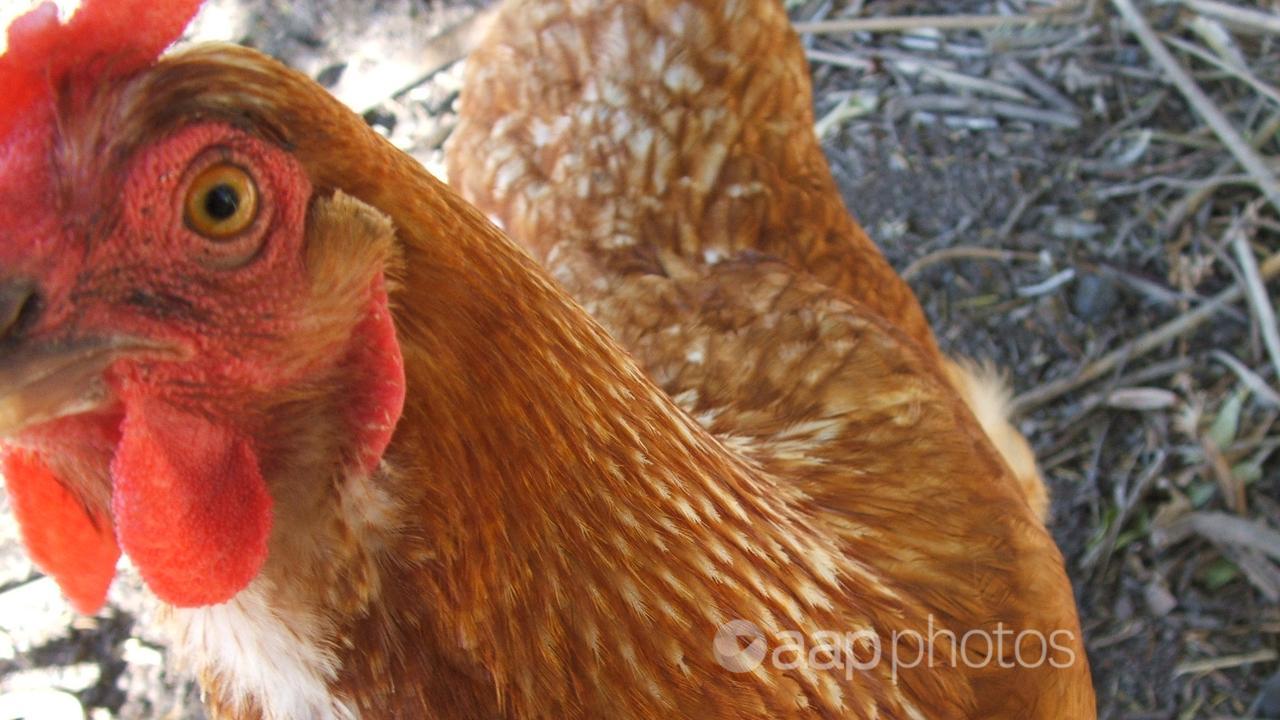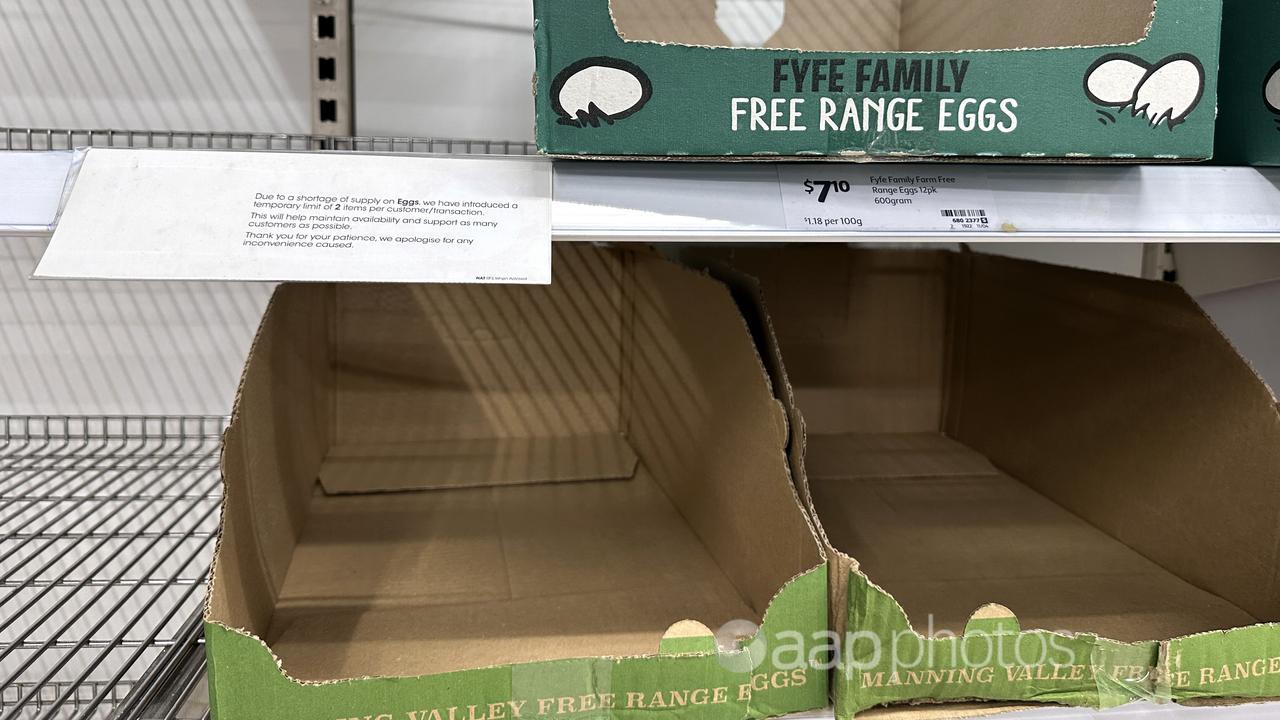Australia’s bird-flu outbreak has worsened, stumping experts after another strain of the disease was detected on a NSW egg farm following its discovery on multiple properties in Victoria.
Avian influenza has been picked up in the Hawkesbury district, north of Sydney, although the strain was different to the one detected in the southern state, the NSW government confirmed on Wednesday.
More than one million chickens and ducks will die in Victoria in an effort to minimise the destruction caused by multiple outbreaks.
Highly pathogenic strain H7N3 was found at a seventh Victorian farm – already in quarantine – in the Golden Plains Shire in the state’s central west, Agriculture Victoria revealed during the week.

The H7N8 strain found in NSW was believed to be a “spill-over” event, possibly from wild birds.
Michael Ward, Veterinary Public Health and Food Safety chair at the University of Sydney, said he was not shocked by another outbreak but was surprised at its location.
“It’s a bit of a mystery,” he told AAP.
“But we’re pretty sure it’s linked to wild birds.”
Professor Ward said “spill-overs” could occur when wild birds were pushed closer to populations of domestic species, but experts remained unclear on what was behind the latest cross contamination.
“It hasn’t happened in quite a few years and why it happens is still a big mystery,” he said.
NSW officials engaged the state’s emergency biosecurity incident plan, sending the farm into quarantine and triggering movement controls in the area.
It noted the highly-pathogenic disease spread quickly and had a high mortality rate amongst poultry birds, requiring the farm lockdown.
Consumers should not be worried about eggs and poultry from the supermarkets and the outbreak did not pose a risk to public health, the government said.
Although the H5N1 potential pandemic strain remains the greatest threat to public health, the H7 variant can spread to humans.
“It is a public health concern … it’s killed quite a few people in the past,” Prof Ward said.
“Australia underspends on biosecurity and we have for the last 20 to 30 years.”
Poultry at the Golden Plains farm will be humanely disposed of under veterinary supervision while movement controls remain in place near Terang, Meredith and Lethbridge, Victorian authorities said.
“We’re continuing to work with affected producers and the poultry industry to respond to these detections through ongoing testing and careful biosecurity practices,” the state’s chief veterinary officer, Graeme Cooke, said.
“Movement restrictions are expected to be in place for several weeks and we’re working with industry to support poultry farmers with the logistical challenges they’re facing.”
Most of the properties affected have chickens but a duck farm in Golden Plains Shire, which produces eggs and meat and was already in quarantine, was confirmed to have the virus last Thursday.

Agriculture Victoria continues to assure consumers eggs and duck meat products are safe to consume.
Six of the infected properties near Meredith are confirmed to have the H7N3 strain of avian influenza and one infected property near Terang has the H7N9 strain.
Neither is the H5N1 strain that has infected billions of wild and farmed animals globally, raising fears of human transmission.
The World Health Organization revealed on June 5 a two-year-old girl in Melbourne who had recently travelled from India had to be put in intensive care in March after falling sick with the H5N1 strain.
The case was confirmed by local health authorities in May.
While it was possible for humans to contract avian influenza viruses when in direct contact with infected animals, Agriculture Victoria said the risk to the public was extremely low.




















